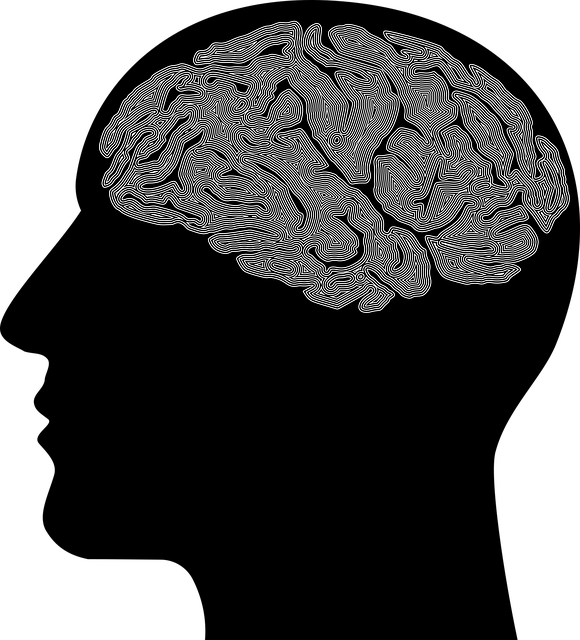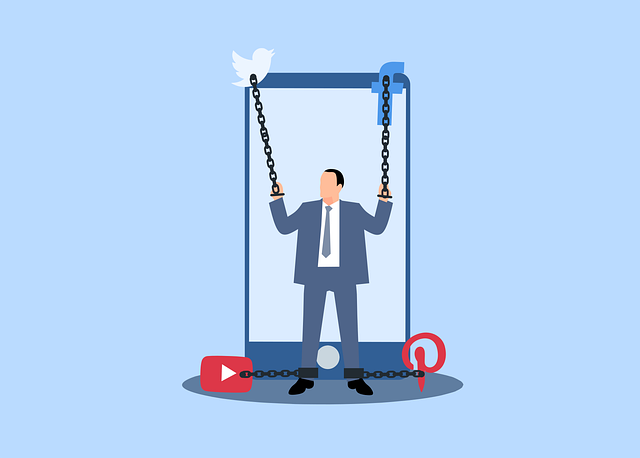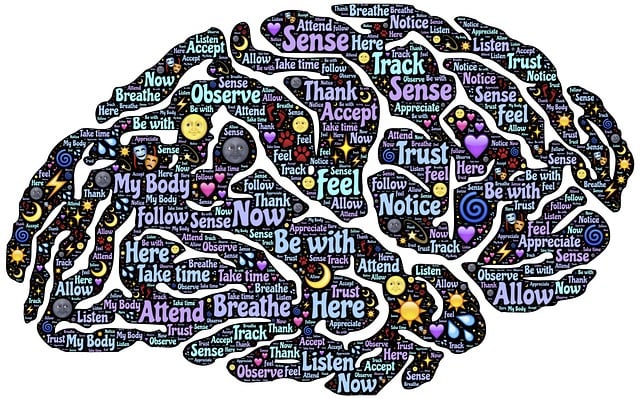Boulder's Mental Health Crisis Hotlines provide 24/7 confidential support, connecting individuals with trained professionals for immediate assistance and long-term management. These hotlines offer a range of services, including Boulder Interpersonal Issues Therapy (BIIT), which tackles complex relationships and emotional challenges, promoting resilience and stress reduction. Post-crisis care focuses on tailored therapies, support groups, and self-care routines to foster overall mental well-being, encouraging individuals to prioritize their psychological health.
“In times of mental health crisis, access to immediate support can be a matter of life and death. This article explores the vital role of hotline services in providing a lifeline to those struggling with distressing emotions or thoughts. We delve into the specific contributions of Boulder Interpersonal Issues Therapy (BIIT), highlighting its expertise in crisis support.
From understanding the importance of hotlines to accessing these services, training the professionals involved, and ensuring post-crisis care, this comprehensive guide sheds light on the key elements of effective mental health hotline support.”
- Understanding Mental Health Crisis Hotlines: A Lifeline in Times of Distress
- The Role of Boulder Interpersonal Issues Therapy in Crisis Support
- Accessing Hotline Services: Who Can Benefit and How to Reach Out
- Training and Qualifications: Ensuring Skilled Support on the Other End
- Post-Crisis Care and Resources for Continued Mental Well-being
Understanding Mental Health Crisis Hotlines: A Lifeline in Times of Distress

In times of extreme emotional distress or mental health crisis, a dedicated hotline stands as a lifeline for many individuals. Mental Health Crisis Hotlines are confidential and accessible resources designed to offer immediate support, guidance, and a safe space for those struggling with various mental health concerns, including interpersonal issues that often require the expertise of Boulder Interpersonal Issues Therapy professionals. These hotlines provide a non-judgmental platform where people can share their struggles, fears, or challenges without feeling stigmatized. Trained volunteers or counselors equipped with crisis intervention skills offer empathy, active listening, and valuable tools to help individuals navigate through acute episodes.
Beyond immediate support, mental health crisis hotline services often serve as gateways to broader resources, such as Mental Wellness Coaching Programs Development and Mental Health Education Programs Design, fostering long-term strategies for managing mental illness. By combining professional guidance with mindfulness meditation techniques, these hotlines empower users to develop coping mechanisms tailored to their unique needs. This holistic approach recognizes the importance of both immediate crisis intervention and ongoing mental wellness support, ensuring that individuals receive comprehensive care during times of distress.
The Role of Boulder Interpersonal Issues Therapy in Crisis Support

Boulder Interpersonal Issues Therapy (BIIT) plays a pivotal role in crisis support by offering specialized services tailored to address complex interpersonal relationships and emotional challenges. This therapeutic approach is particularly effective in situations where individuals face overwhelming stress, anxiety, or burnout, often prevalent among healthcare providers. By focusing on the intricate dynamics between people, BIIT helps clients unravel and manage underlying conflicts that contribute to their mental health crises.
The therapy facilitates a safe space for clients to explore and express their feelings, fostering positive thinking and coping mechanisms. Through active listening and empathetic engagement, therapists assist individuals in developing effective communication skills, resolving interpersonal issues, and managing intense emotions. This holistic approach not only provides immediate anxiety relief but also equips clients with long-lasting burnout prevention strategies for healthcare providers, enabling them to navigate challenging situations with resilience and enhanced emotional well-being.
Accessing Hotline Services: Who Can Benefit and How to Reach Out

Hotline services for mental health crisis support are invaluable resources available 24/7 to individuals facing various challenges. These hotlines cater to a broad spectrum of people, including those grappling with anxiety, depression, suicidal thoughts, or interpersonal issues like those that might be addressed by Boulder Interpersonal Issues Therapy practitioners. The services are designed to provide immediate assistance, offer non-judgmental support, and connect callers to appropriate resources or professional help.
Reaching out for assistance is a crucial step towards managing mental health challenges. Whether you’re experiencing acute distress or simply need someone to talk to, these hotlines encourage individuals to prioritize their well-being. By dialing the helplines, people can gain access to trained professionals who will assess their situation, provide guidance, and offer strategies for coping. This initial support can be instrumental in mitigating the impact of mental health crises, fostering resilience, and promoting long-term recovery, all of which are essential aspects of a holistic Mental Health Policy Analysis and Advocacy approach. Moreover, these services aim to reduce the stigma associated with mental illness by creating safe spaces for open conversations, thereby encouraging individuals to seek help without fear of judgment, ultimately contributing to successful Mental Illness Stigma Reduction Efforts. For immediate assistance, one can contact local crisis hotlines or reach out to organizations specializing in interpersonal therapy, which often offer a path towards boosting confidence and enhancing overall well-being.
Training and Qualifications: Ensuring Skilled Support on the Other End

The effectiveness of mental health crisis hotline support services lies heavily on the training and qualifications of the professionals manning the lines. These individuals play a pivotal role in providing immediate assistance to those in distress, making their skill set crucial for fostering effective communication and offering compassionate support. Many hotlines prioritize hiring trained listeners or counselors who have expertise in various therapeutic modalities, including Boulder Interpersonal Issues Therapy. Such training equips them with strategies to navigate complex interpersonal dynamics, enabling them to offer tailored guidance and resources.
By ensuring that hotline operators possess not only emotional intelligence but also specialized knowledge in mental health awareness, stress reduction methods, and mindfulness meditation, call handlers can provide more comprehensive assistance. This includes recognizing the nuances of different mental health conditions and being able to direct individuals toward appropriate treatment options or self-help strategies. Such qualified support is invaluable, especially during times of crisis, as it facilitates immediate relief while also guiding users towards long-term well-being.
Post-Crisis Care and Resources for Continued Mental Well-being

After an individual has reached out to a mental health crisis hotline and received immediate support, post-crisis care becomes crucial in fostering long-term mental well-being. This stage involves a comprehensive approach to ensure that the person feels supported and equipped to manage their mental health effectively. It often includes continuing therapy sessions tailored to address specific interpersonal issues, as identified during the initial crisis. These therapies, such as Boulder Interpersonal Issues Therapy, aim to provide tools for coping with stressors and improving relationships, which are key factors in maintaining stability.
Post-crisis care also encourages individuals to access resources designed for sustained mental illness stigma reduction efforts. This can involve connecting them with support groups, community outreach programs, or online communities where they can find like-minded people and share experiences. Additionally, healthcare providers can offer guidance on burnout prevention strategies, crucial for those who may be at risk due to their involvement in caring for others’ mental health. Self-care routine development is another vital component, teaching individuals how to prioritize their own mental health through activities like meditation, exercise, or journaling.
Mental health crisis hotlines play a vital role in providing immediate support and guidance during times of distress. By offering confidential and accessible resources, these services ensure that individuals facing mental health crises receive skilled assistance. As highlighted by the expertise of Boulder Interpersonal Issues Therapy, specialized training is key to empowering hotline operators to connect callers with the right care. Whether it’s a one-time call for help or ongoing support, crisis hotline services serve as a crucial step towards fostering better mental well-being, often leading to long-term recovery and resilience.














